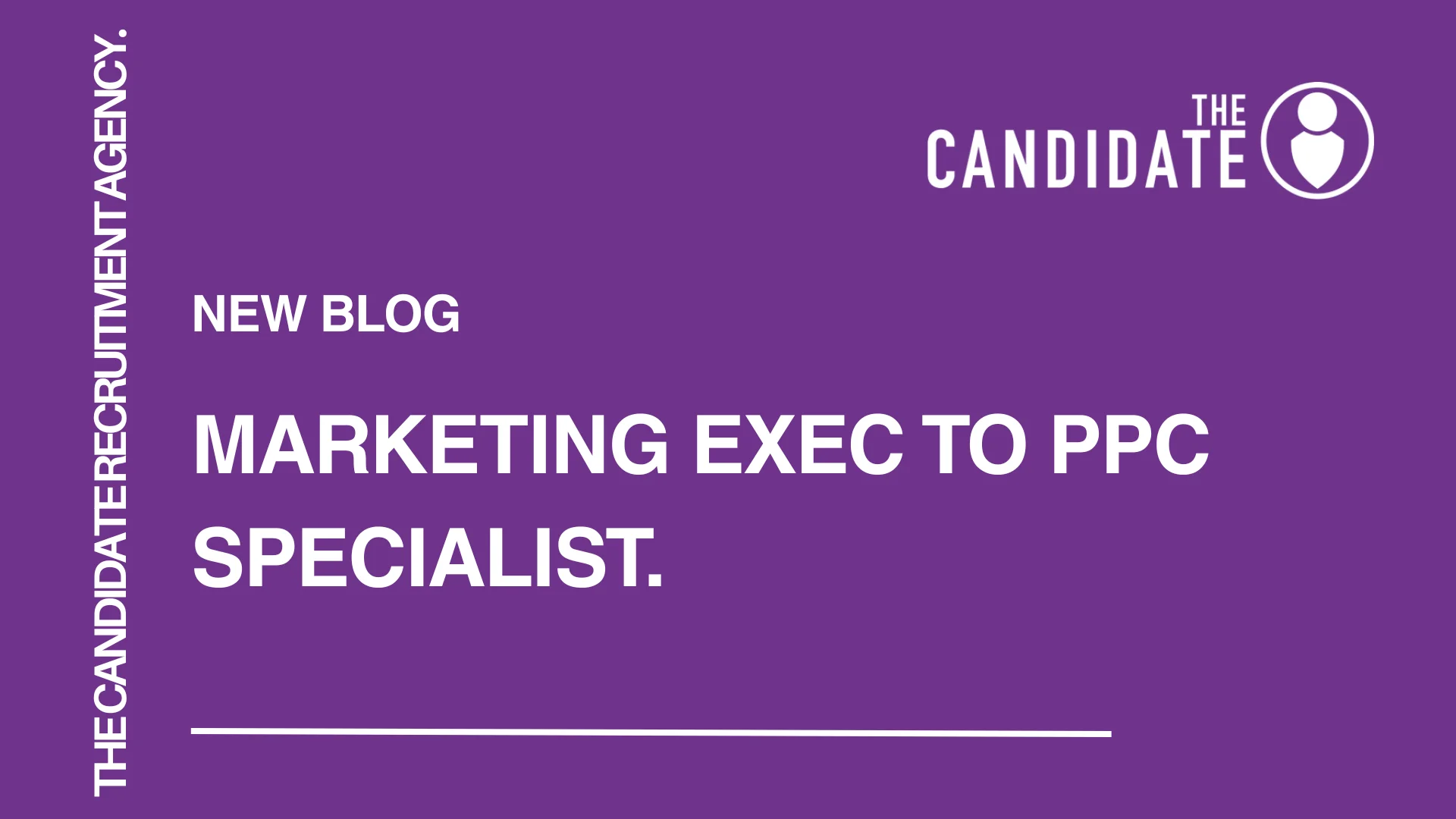Rachel Wilson is our Senior Recruitment Operations Co-Ordinator and a part of her role is looking through 100’s of CV’s per month! So who better to advise you on how to polish your CV and get it in tip-top condition!

It may seem obvious to say, but your CV is the most important thing when trying to secure yourself a new role. It’s the document you use to sell yourself; to explain, with evidence, why you are the perfect candidate for the role you are applying for.
Take care of it and treat it with pride. This is your chance – sell yourself!
Profile:
If you’re putting together a new CV (or your first one) and you’re thinking ‘I don’t think I need a profile, employers don’t read them’ STOP, take a break, and then come back and write a profile. Every CV should have one.
Your profile is a summary of all your experience; all the best parts of your CV combined into one neat paragraph. It’s there to grab your prospective employers’ attention – and, believe me, they do read profiles! Keep it snappy – key details, skills, clients you’ve worked with, the software you’ve used etc.
This is not a cover letter – do not write War and Peace! If you do, you’re in danger of the employer giving up and moving onto the next CV (a CV with a nice, snappy profile, I hasten to add).
As part of your profile (under a separate title if you wish), you should include specific key skills that add to your experience, and therefore, your desirability. Have you worked with PPC? Get it on there. Are you a whizz on Adobe Creative Suite? Add that straight away. Is working with Affiliates part of your current role? Add that here.
Remember that your CV is there to sell you; to make you desirable to future employers, and the profile is the very first thing they read. Grab their attention and make sure they don’t let go!
Experience:
There are a few points to remember when writing your Experience/Employment section (I’d go for ‘Experience’ if it includes unpaid internships, work experience etc; and ‘Employment’ if it’s all paid work)
Education:
Your education is very important to your CV – especially if you have completed voluntary training/courses relating to the sector you work in (i.e. CIM courses).
As with the Employment section, you should start with the most recent.
With your degree, only include the names of relevant modules, if any at all. It’s also important to only include what grade you got if you did really well (1st, 2:1)
If you include your A Levels / GCSEs, don’t go into too much detail; just the number gained and grades will be sufficient. Of course, if your A Level subjects are relevant to your prospective employer, include them but otherwise it’s just not necessary.
Interests:
Including an interests section is completely your own decision. If you have some particularly exciting/different interests, feel free to include them at the bottom; after all, it’s a conversation starter in the interview!
As a rough guide:
Please remember, that your interests are personal and don’t have to be related to your career (but it’s fine if they are!)
Final Points:
At risk of repeating myself, it’s important to remember that your CV is the document you use to sell yourself. Make it positive, detailed and, most importantly, confident.
If you would like more information on writing CV’s click here!
click here!We also have specialist advice on how to write a PPC and CRM CV's!
PPCCRMIf you would like to read more blogs by Rachel click here!
click here!For our latest blog articles click here!
click here!


